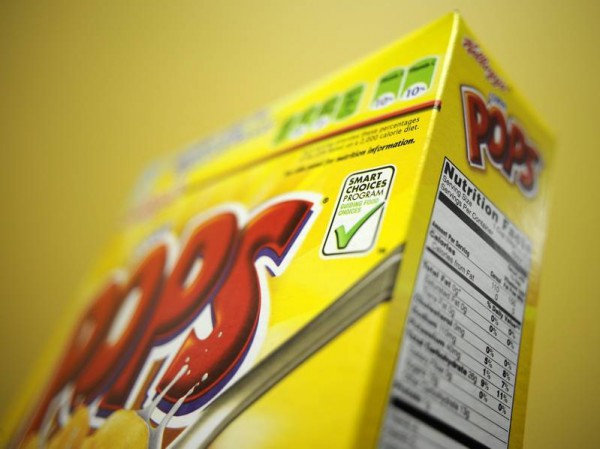Sustenance certainties names on nourishment bundles list fixings and supplement levels, yet they don’t tell shoppers through and through if a sustenance is beneficial for them.
General wellbeing supporters say that data is important to help customers settle on solid decisions at the store. They’d like to see names on the front of bundles and a clearer explanation of which fixings are great and which ought to be stayed away from.
The Food and Drug Administration is chipping away at a name update and has proposed two separate renditions.
Composing independently in The New England Journal of Medicine on Wednesday, previous FDA Commissioner David Kessler and previous Centers for Disease Control and Prevention official William H. Dietz both say the FDA doesn’t go far enough. Dietz, the CDC’s previous executive of the Division of Nutrition, Physical Activity and Obesity, is currently with George Washington University.
Five ways these masters, and others, say sustenance realities names could be made strides:
INDICATE OVERALL NUTRITIONAL VALUE:
The FDA proposed a nourishment actualities redesign in February that made a ton of upgrades looked for by the general wellbeing group. There was more attention on calories, reexamined serving sizes closer to what Americans truly consume and another line for included sugars. However Kessler says there is nothing in the new structure that “effectively sways buyers to buy sustenance rich in the foods grown from the ground, vegetables and entire grains that are legitimately viewed as ‘genuine nourishment.'”
Both Kessler and Dietz say the board’s accentuation on particular supplements gives sustenance organizations the capacity to make asserts on the fronts of their bundles that can misdirect customers. For instance, sugary or greasy sustenances can tempt clients by including fiber and advancing that. Cafes frequently expend even more a sustenance that is publicized as low in calories, whether it is sound or not.
As Michael Jacobson of the Center for Science in the Public Interest puts it: “It’s a bundle of specialized terms — soaked fat and cholesterol and dietary fiber. What do those mean? Are these numbers high or low, great or terrible, what do you do with it?”
MAKE INGREDIENT LISTS CLEARER:
Shoppers may turn over a bundle of sustenance and search for “sugar” on its fixing rundown. What that purchaser may not know is that “sugar” could be recorded as maltose, dextrose, sucrose, corn syrup, tan rice syrup, maple syrup, high-fructose corn syrup, nectar or a mixture of tree grown foods juice condensed, in addition to different ways.
“Modest sort, complex names, and confounding organizations make numerous fixing records practically difficult to peruse or comprehend,” Kessler says. He included, “On the off chance that we rather characterized all manifestations of sugar as a solitary fixing, sugar may develop close to the highest point of numerous items’ rundowns.”
CREATE A DAILY VALUE FOR SUGAR:
Though general wellbeing masters have overwhelmingly adulated the FDA’s proposed expansion of an “included sugars” line that would recognize from regularly happening sugars, Kessler says the organization needs to incorporate a line recommending the amount of sugar individuals ought to consume every day.
The FDA has said they did exclude a line in light of the fact that there is no acknowledged proposal for the amount of sugar ought to be expended once a day.
PUT LABELS ON THE FRONT, TOO:
The FDA said in 2009 that it was creating proposed nourishing gauges that would need to be met before makers spot guarantees on the fronts of bundles. That exertion has since stalled as the business has said it is dealing with its own particular norms, a move that has disappointed general wellbeing promoters.
Kessler proposes front-of-bundle marks that would list the main three fixings, the calorie number and the quantity of extra fixings in striking sort.
FDA representative Theresa Eisenman says the organization is as of now chipping away at a front-of-pack name, however is observing what industry is doing.
GIVE THE LABELS SOME CONTEXT:
At a late open gathering, a few specialists told the FDA they would support a form of the nourishment actualities mark that would sort supplements by “get enough” and “dodge excessively.” The FDA offered that form as a second choice in February’s proposal.
Dr. Straightforward Hu of the Harvard School of Public Health said sorting supplements that way is simpler for individuals to comprehend than perusing the section that rundowns the percent of the day by day prescribed estimation of a supplement.
Pepin Tuma of the Academy of Nutrition and Dietetics concurred, saying “no one needs to do math.”
The nourishment business dissented. Telling customers what they ought to get enough of and what they ought to evade “goes past simply the certainties,” said Donna Garren of the American Frozen Food Institute.

